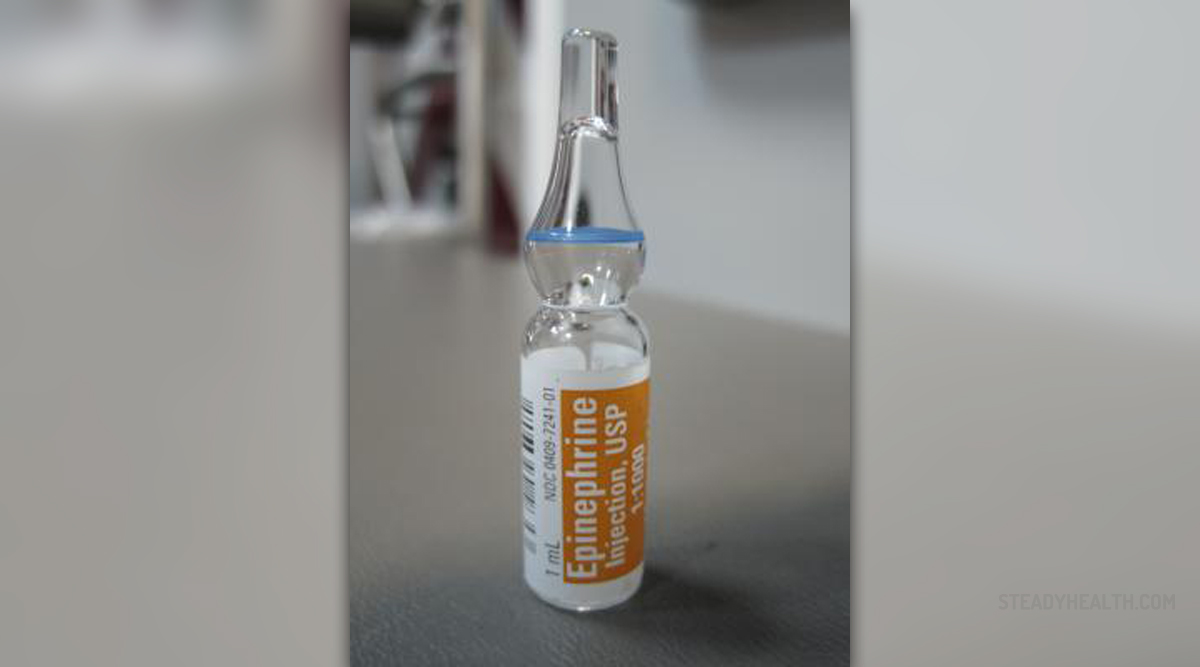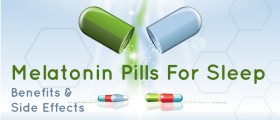
Epinephrine (adrenaline) is a hormone that acts as neurotransmitter. It is produced in the medulla of the adrenal glands and its synthesis is generally induced by stress. Epinephrine has many effects on the body and is capable of stimulating nearly all body tissues. The effects of epinephrine basically depends on the tissue type and expression of adrenergic receptors. One of its functions is relaxation of smooth muscles in the airways. But, on the other side, epinephrine may cause contraction of the smooth muscles in the arterioles. The hormone binds to adrenergic receptors and this way produces specific effects.
The body produces sufficient amount of epinephrine. However, in certain medical conditions epinephrine is administered in order to deal with specific symptoms and signs of the condition.
What is Epinephrine Used for?
Epinephrine can be administered in a form of medication in certain conditions. For example, it is prescribed in case of severe allergic reaction caused by insect bites. It can effectively reduce inflammatory response of the body and sometimes even lethal outcome. People suffering from severe anaphylaxis (which may be caused by a variety of factors) require prompt treatment with epinephrine. In case a condition is not treated on time, body's reactions such as dilatation of the blood vessels, lowering of the blood pressure and swelling of the airways may cause serious problems and complications.
It is essential not to exceed the recommended dose in a particular case since even excess of epinephrine may lead to serious and potentially detrimental effects.
Side Effects of Epinephrine
There are many side effects of epinephrine and all doctors are due to be familiar with each and every potential side effect of this substance.
In children epinephrine may cause pallor, excessive sweating, shaking, nervousness and rapid heart beat. The hormone also leads to elevation of blood pressure and level of sugar in the blood. These effects may feature with headache and sometimes nausea and vomiting. Anxiety may occur as well.
In case epinephrine is used in dental purposes as an ingredient of dental products which are used for prophylaxis the side effects include local tissue necrosis and there is even a chance for systemic toxicity.
Definitely the most serious side effects of epinephrine are arrhythmia and pulmonary edema. Both of these conditions require prompt medical attention and adequate treatment. One more serious side effect of epinephrine is cerebral hemorrhage. Fortunately it does not affect many people and is usually not so severe.
All the potential side effects of epinephrine can be successfully prevented if a proper dose is administered. During drug administration the patients are thoroughly monitored, so that if any of the side effects occur, a doctor can act promptly and deal with a complication.

















Your thoughts on this
Loading...